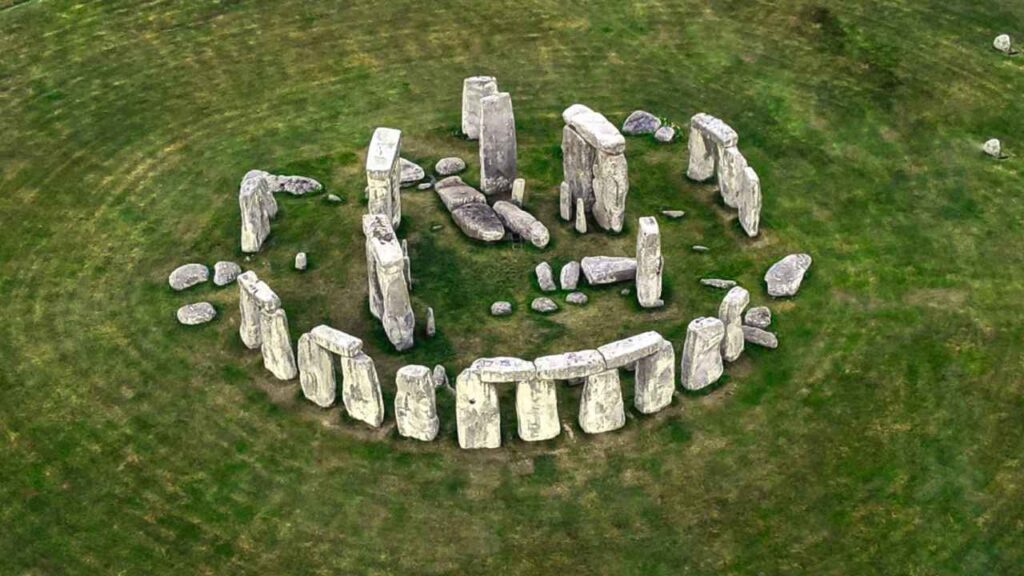Stonehenge is one of the world’s most iconic ancient monuments, captivating people for centuries with its mysterious origins and purpose. This prehistoric marvel, located in Wiltshire, England, has been the subject of countless theories and studies. Let’s explore 12 fascinating facts about this enigmatic stone circle.
1. Stonehenge was built in several stages

Stonehenge was constructed over a period of about 1,500 years, with the earliest stages dating back to around 3000 BC. The monument we see today is the result of multiple phases of construction and modification.
2. The stones were transported from great distances
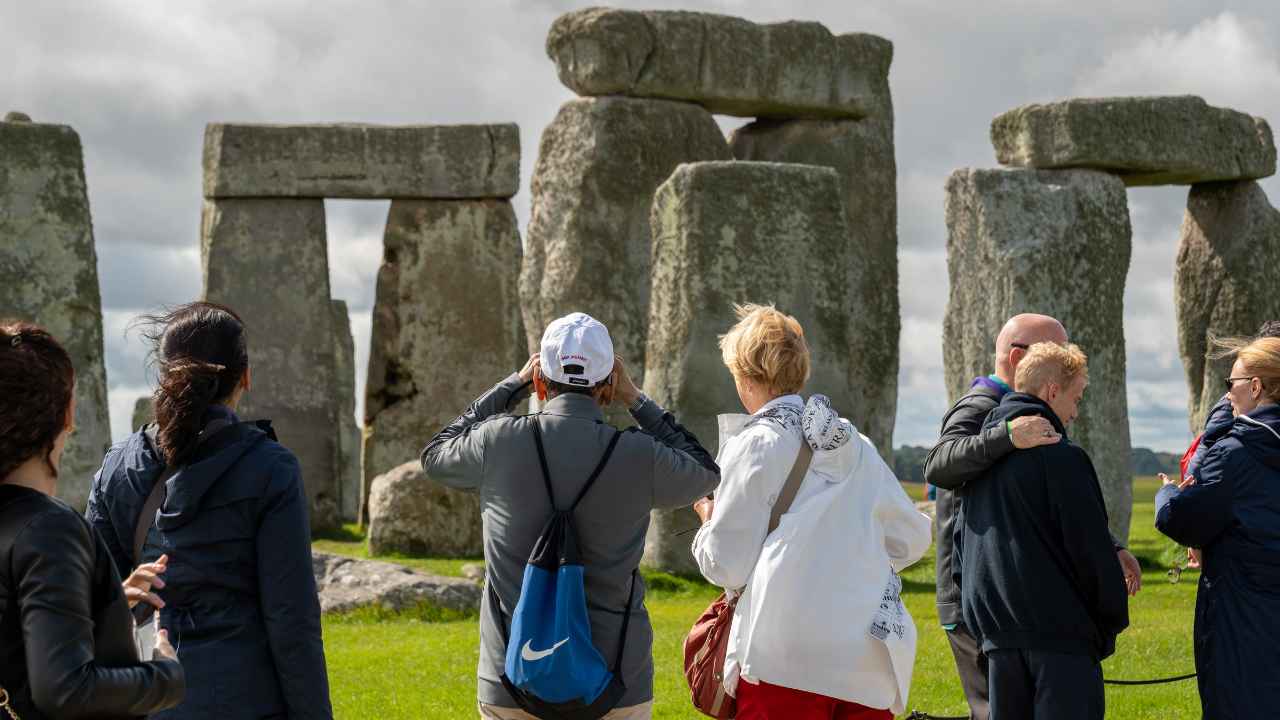
The larger stones, known as sarsens, weigh up to 50 tons and were likely brought from Marlborough Downs, about 20 miles away. The smaller bluestones, weighing around 4 tons each, were transported from the Preseli Hills in Wales, over 150 miles away.
3. The purpose of Stonehenge remains a mystery
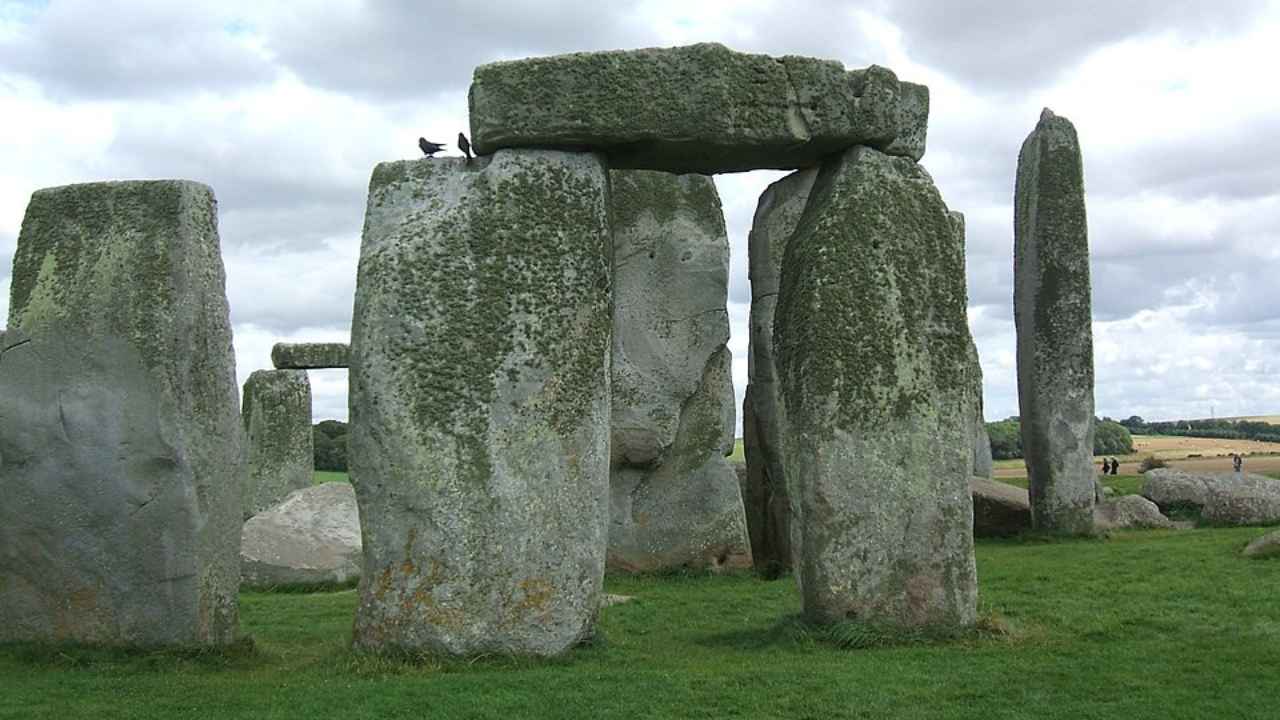
Despite extensive research, the true purpose of Stonehenge is still unknown. Theories range from it being a sacred burial ground, an astronomical calendar, or a place of religious ceremonies.
4. Stonehenge is aligned with the summer solstice sunrise
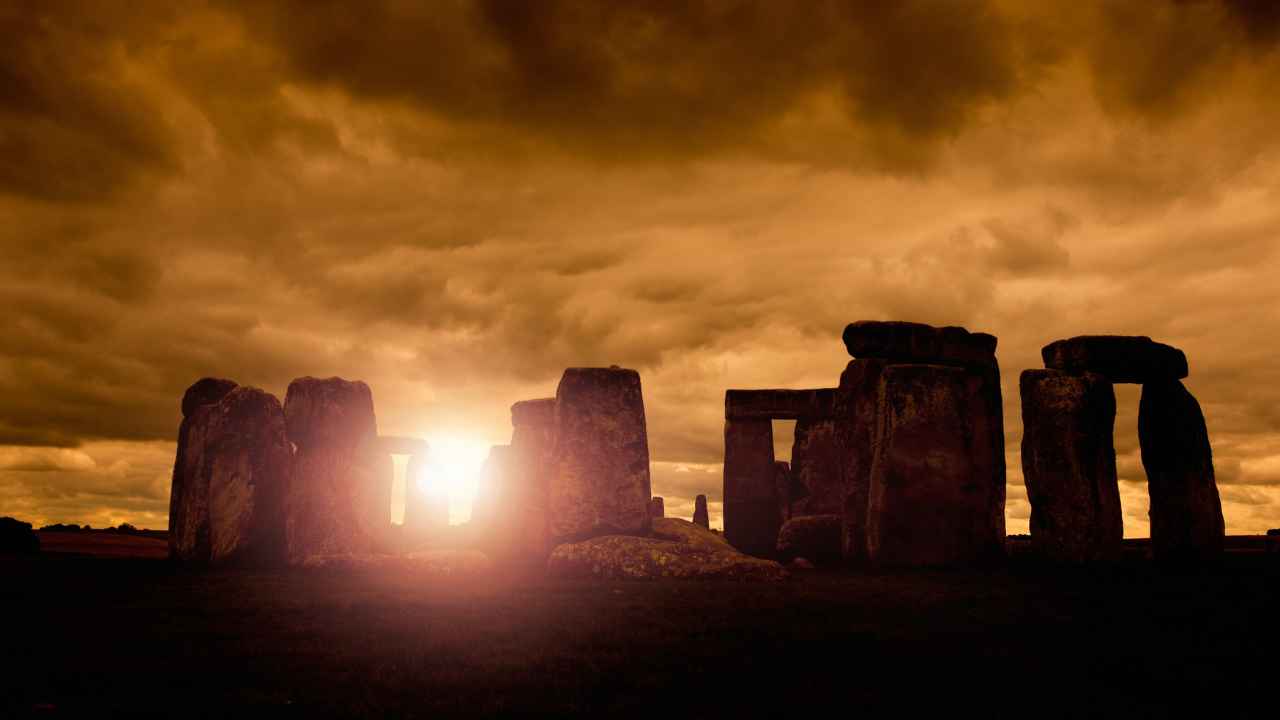
The site is aligned in the direction of the midsummer sunrise and the midwinter sunset. On the summer solstice, the sun rises directly above the Heel Stone, which stands just outside the main entrance.
5. The Stonehenge Cursus is a nearby Neolithic monument
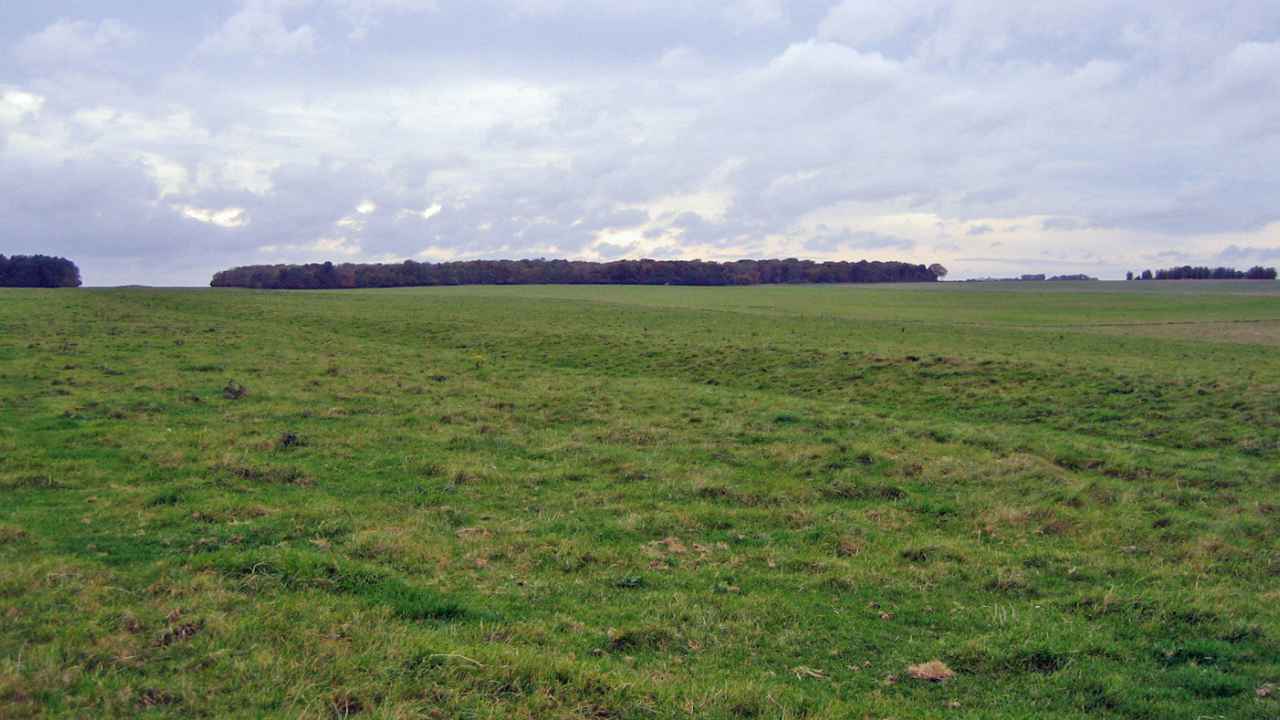
The Stonehenge Cursus is a large Neolithic cursus monument located near Stonehenge. It is roughly 3 kilometers long and dates back to around 3500 BC, predating the stone circle.
6. There are numerous Stonehenge replicas around the world
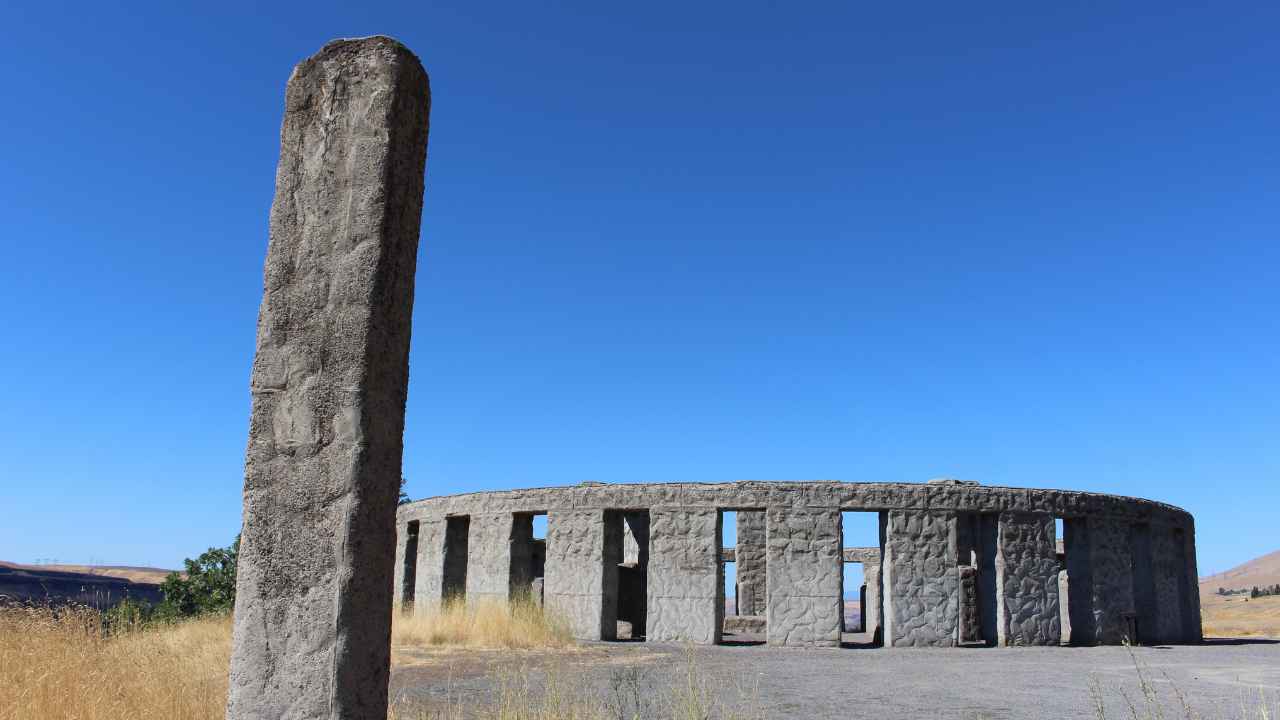
The fame of Stonehenge has inspired many replicas and derivatives worldwide. Some notable examples include the Maryhill Stonehenge in Washington, USA, and the Esperance Stonehenge in Western Australia.
7. Stonehenge is a UNESCO World Heritage Site
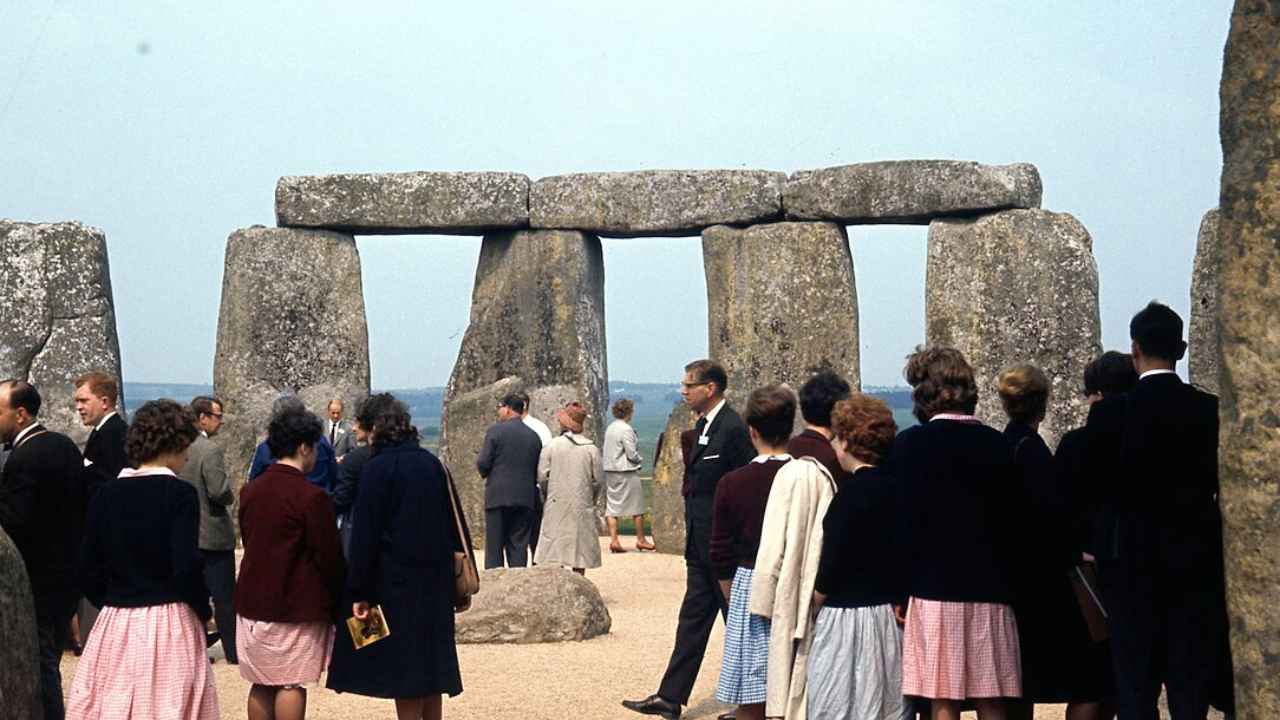
In 1986, Stonehenge and its surrounding landscape were designated as a UNESCO World Heritage Site, recognizing its outstanding universal value and cultural significance.
8. The site has been a source of inspiration for artists and writers
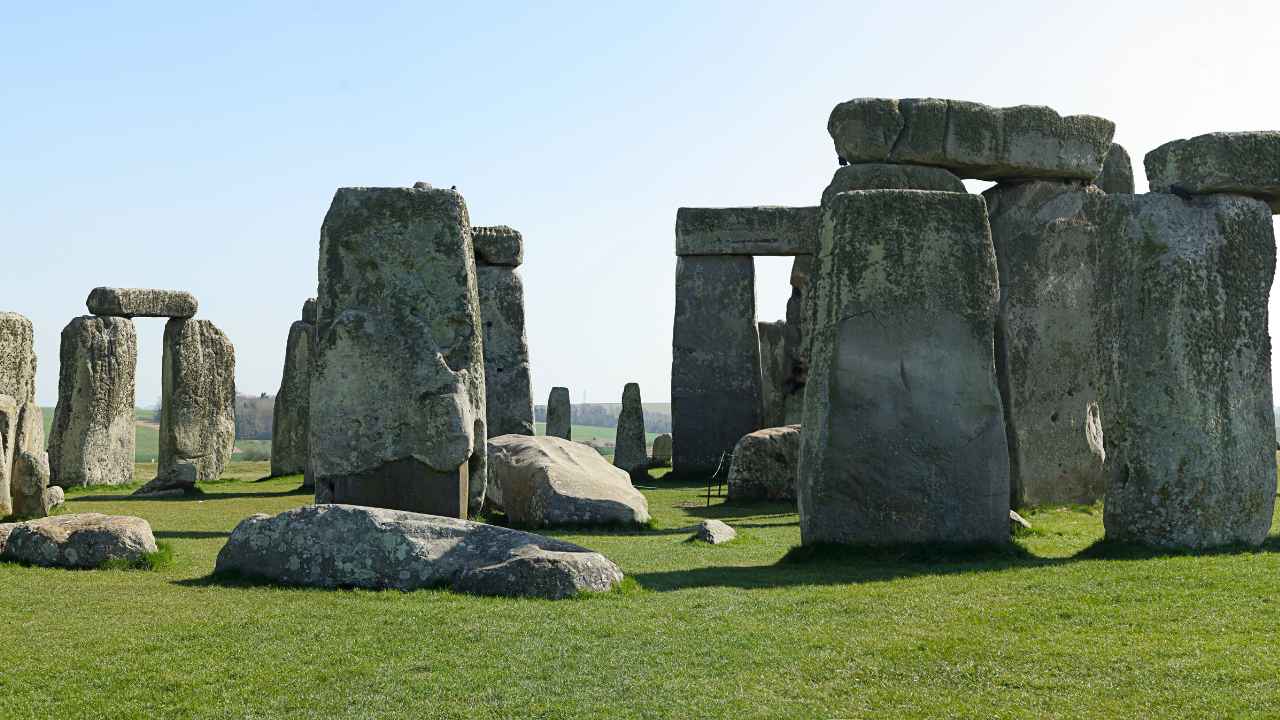
Stonehenge has captured the imagination of countless artists, writers, and musicians throughout history. It has been featured in paintings, literature, and even modern music festivals.
9. Stonehenge was once privately owned
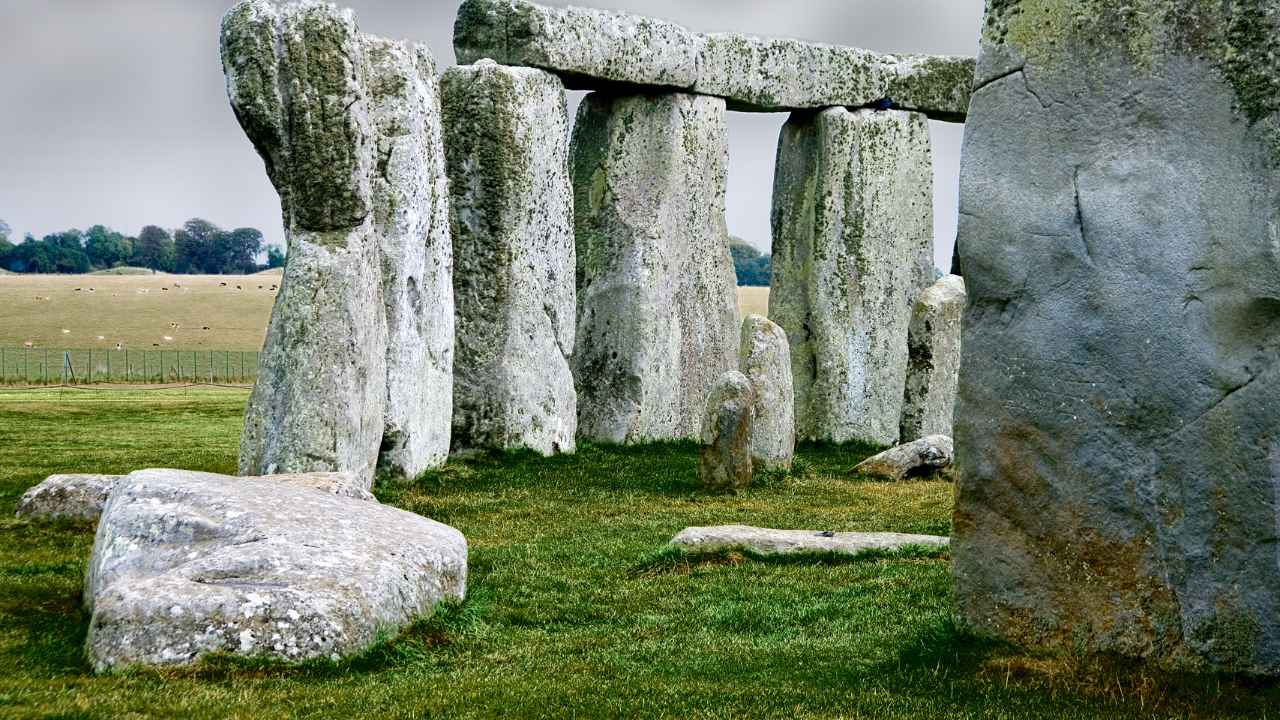
In the early 20th century, Stonehenge was privately owned by the Antrobus family. In 1915, Cecil Chubb purchased the site at an auction for £6,600 and later donated it to the British government.
10. Excavations have revealed cremated human remains

Archaeological excavations at Stonehenge have uncovered cremated human remains, suggesting that the site may have been used as a burial ground. The remains date back to around 3000 BC
11. The site has undergone several restorations
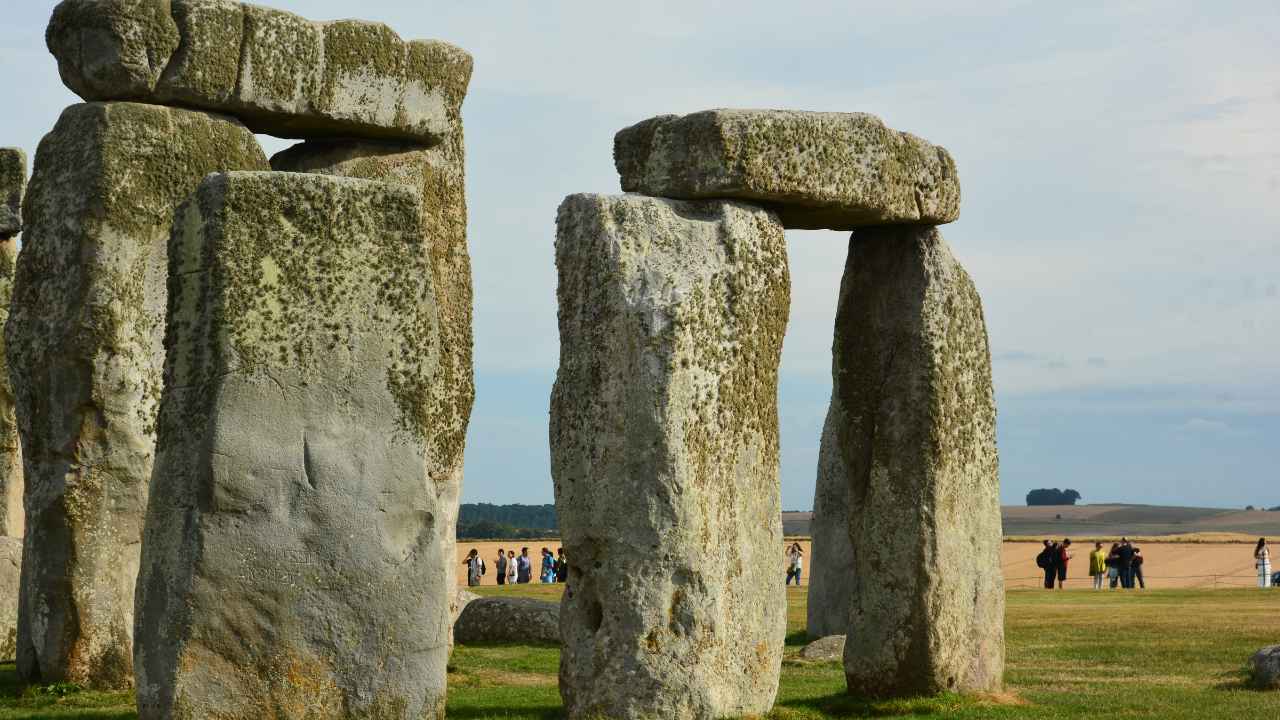
Over the years, Stonehenge has undergone several restorations to preserve its integrity. Some fallen stones have been re-erected, and the site has been protected from further damage.
12. Stonehenge continues to attract millions of visitors
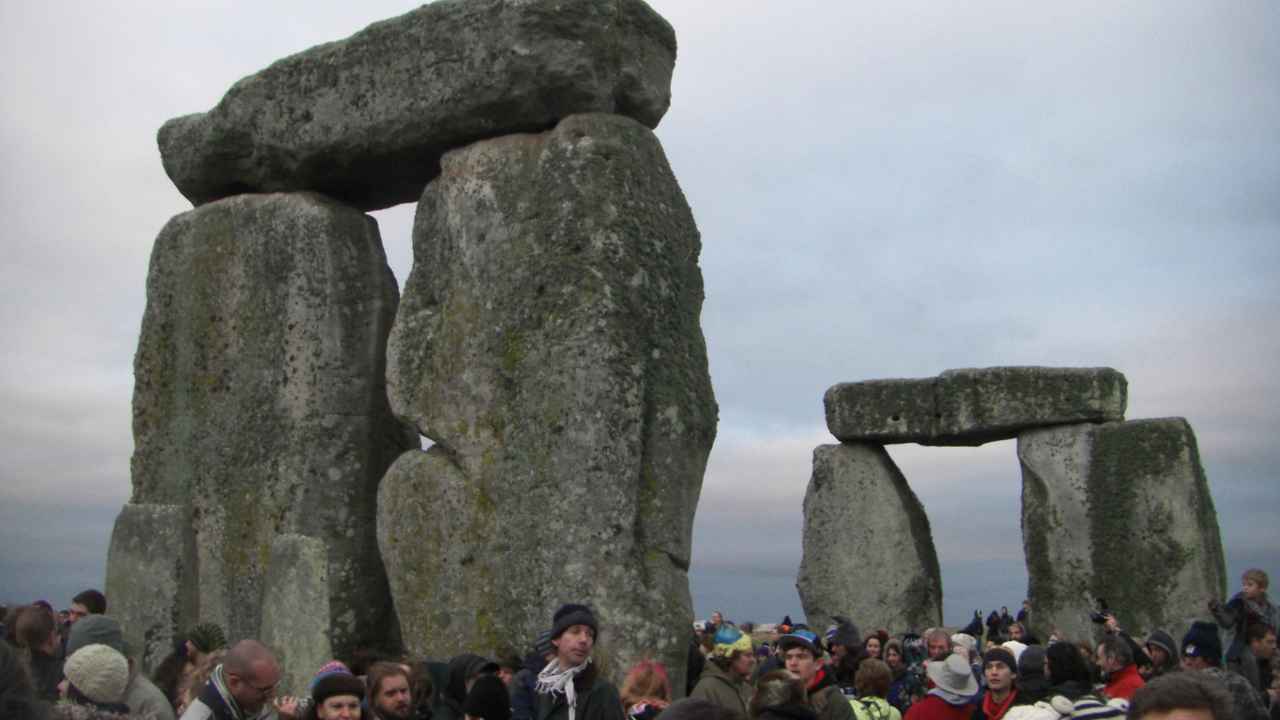
Despite its age, Stonehenge remains a popular tourist destination, attracting over 1 million visitors annually. People from all over the world come to marvel at this ancient wonder and ponder its mysteries.
Becky is a fervent wildlife enthusiast and pet care expert with a diploma in canine nutrition. Her love for animals stretches beyond the domestic, embracing the wild tapestry of global fauna. With over a decade of experience in animal welfare, Becky lends her expertise to OutlandishOwl through insightful articles, captivating wildlife information, and invaluable guidance on pet nutrition. Her work embodies a deep commitment to understanding the intricate lives of animals and a passion for educating others on sustaining natural habitats. Becky's hands-on conservation efforts and her knack for translating complex dietary science into practical pet feeding tips make her an indispensable voice for creatures great and small.

